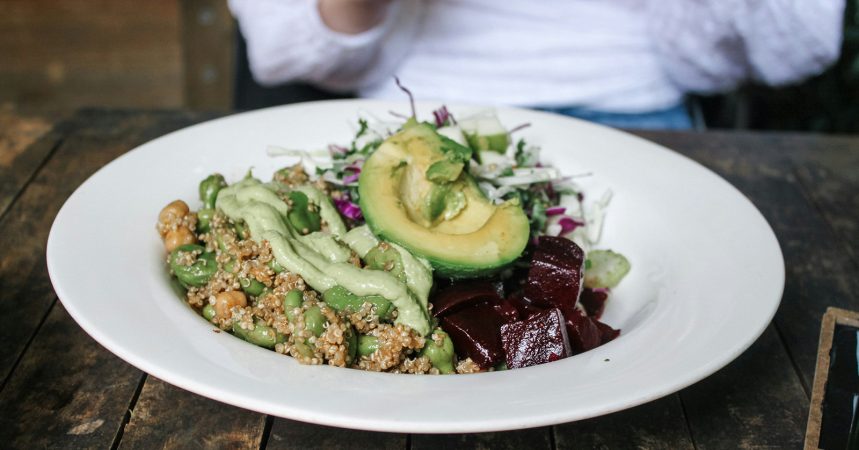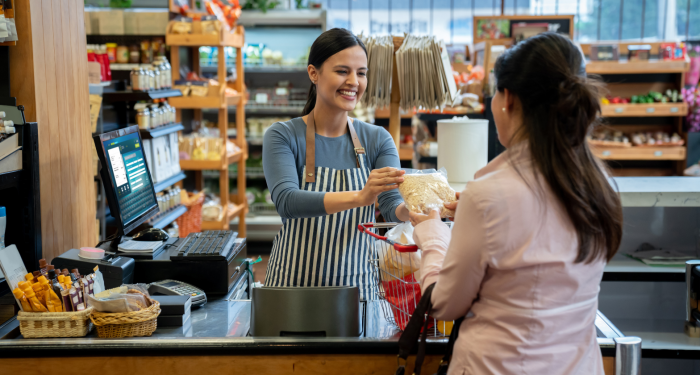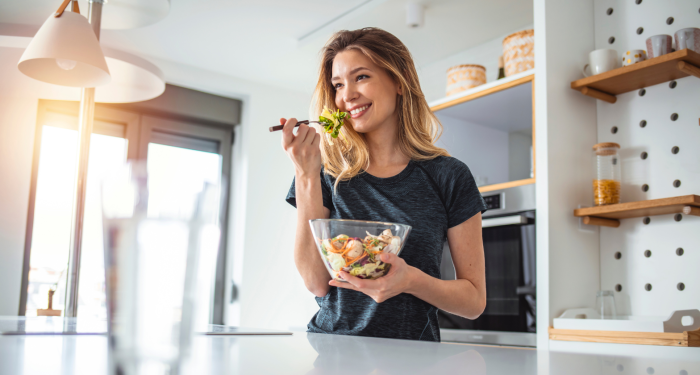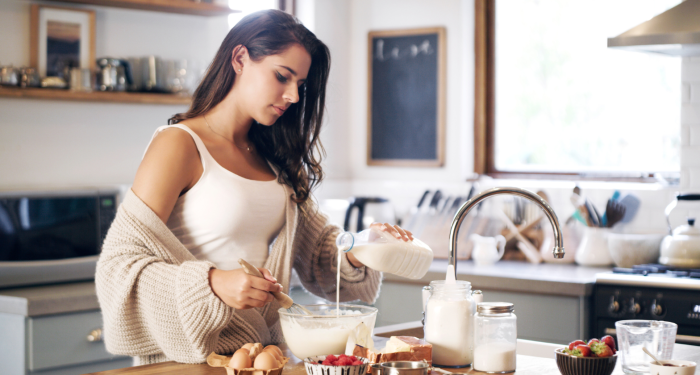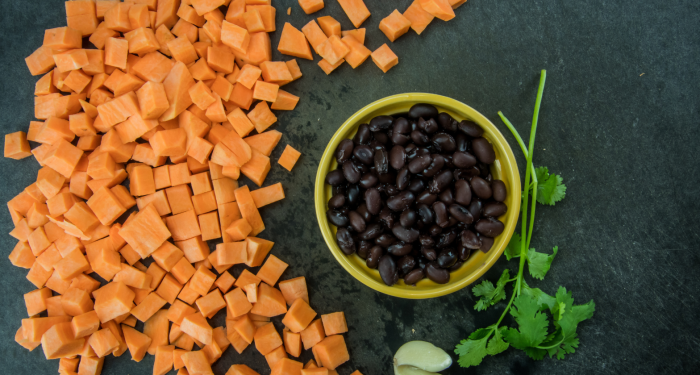From beans and nuts to rolled oats and quinoa, here are some great sources of plant-based protein.
It’s usually the first question vegans receive when someone finds out about their diet. But where do you get your protein? Many people on the standard, meat-centric American diet get twice as much protein as they need. Plus, nearly all foods contain some amount of protein. And still, there is an overwhelming obsession over protein among omnivores. So, how do vegans get their protein?
What Are the Benefits of Protein?
Well, before we talk about that, let’s discuss why the body needs protein. Protein is important for building and repairing body tissue, for supporting muscle growth, and for speeding recovery from injury or exercise. But the image of athletes bulking up with mounds of meat or dairy-filled protein shakes is a little misleading. It’s completely possible that you can get all the protein you need through a plant-based diet.
What Are Vegan Sources of Protein?
The old school idea that vegans are scrawny or sick because they don’t get enough protein is just that, an idea. It’s a myth. Protein deficiency in the US is almost a non-issue. So, how do vegans get their protein? Well, they get it from plants. To learn more about these nutrient powerhouses and which are best for protein content, check out our list below.
Lentils
Lentils come loaded with iron, folate, protein, and more. They are a great source of fiber and easy to prepare. And there’s no need to soak these before cooking! Enjoy them in a big bowl of lentil soup, mixed with rice, as an ingredient in curries, or for topping a salad.

Courtesy of Unsplash/Monika Grabkowska
Beans
Beans are the heavy lifters when it comes to protein, iron, fiber, and other vitamins and minerals. Protein content will vary depending on the type of bean, with soybeans and lupini beans coming out ahead. Look also for pinto, navy, black beans, and more.

Courtesy of Unsplash/Israel Palacio
Soy Products
Soybeans have the highest protein content among all the beans. So soy products are a great way for vegans to get their protein. We’re talking edamame, tofu, soy milk, and beyond. Try snacking on dry-roasted soybeans or topping your salads with them!

Courtesy of Unsplash/Kamala Bright
Green Peas
Add them to pasta, stir them into sautés, or use them to top salads. We’re talking about green peas! In addition to protein, green peas offer magnesium, potassium, calcium, and loads of vitamins. Add a side cup to your meals for an easy protein boost.

Courtesy of Unsplash/Julia Vivcharyk
Quinoa
Considered a complete protein, quinoa contains all nine essential amino acids. We like quinoa mixed with brown rice and topped with beans and roasted vegetables. Also add a little to your salads or morning oatmeal. How do vegans get their protein? Quinoa.

Courtesy of Unsplash/Dan Dennis
Rolled Oats
Speaking of oats, they are next up on our list! Besides being a great source to manage cholesterol, oats are packed with protein. Why not start every day with a big bowl? Top with cinnamon, flax, walnuts, coconut, banana, and almond milk for a great start to your day.
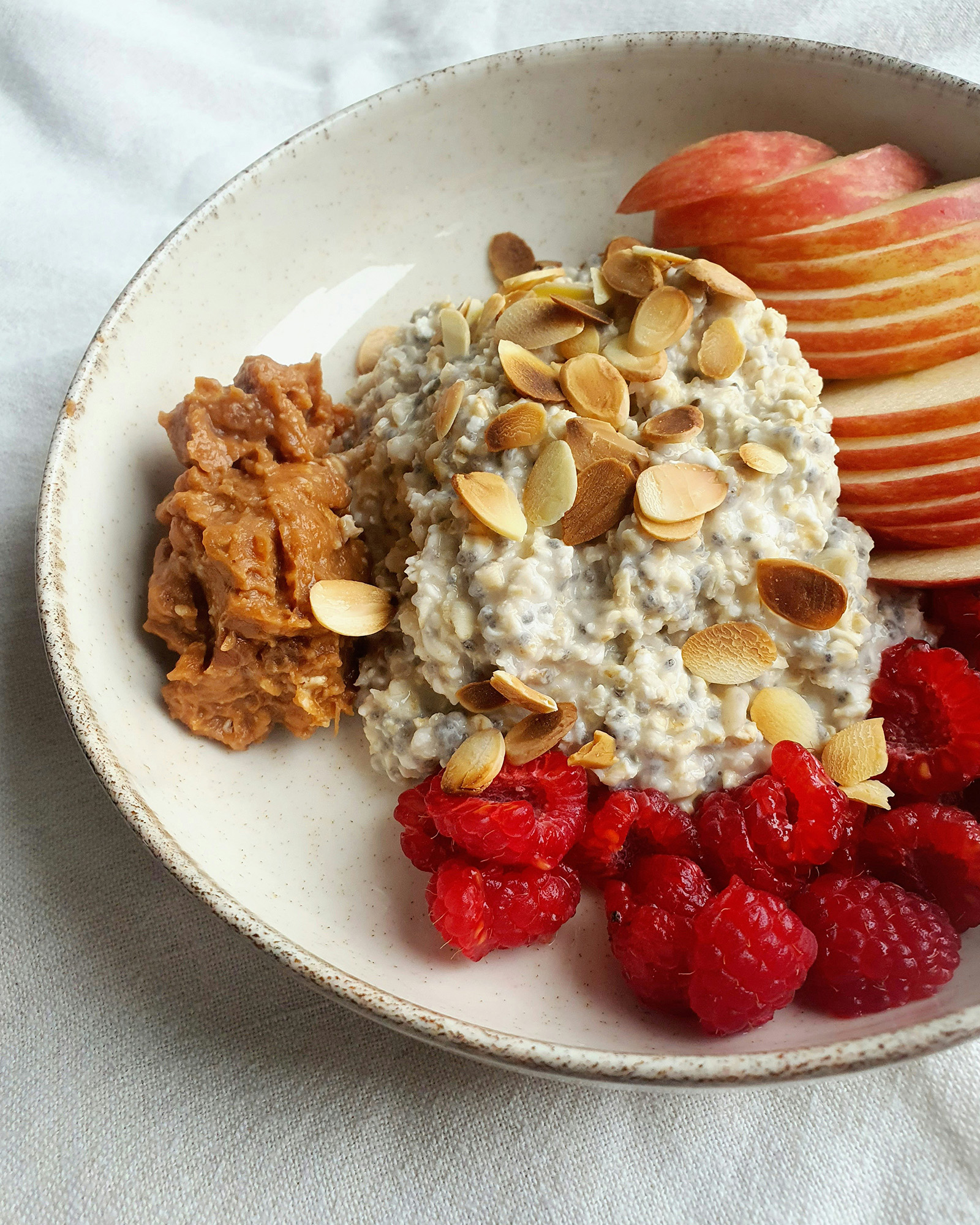
Courtesy of Unsplash/Victoria V
Nuts and Seeds
How do vegans get their protein? Well, they get it from nuts and seeds, that’s where. Almonds, cashews, and pistachios bring up the lead for nuts. With hemp, pumpkin, sunflower, and flax out in front for the seed group. Add these to anything and everything!

Courtesy of Unsplash/Tetiana Bykovets
Need Help Getting Started? Try a Plant-Based Cooking Class
Ready to incorporate these protein-rich foods into your daily meals but need help getting started? Why not try a plant-based cooking class? We like Brownble for its practical approach and online convenience. You will learn how to make sustainable culinary changes from certified plant-based cooks. To learn more, visit BrownblePrograms.com.

